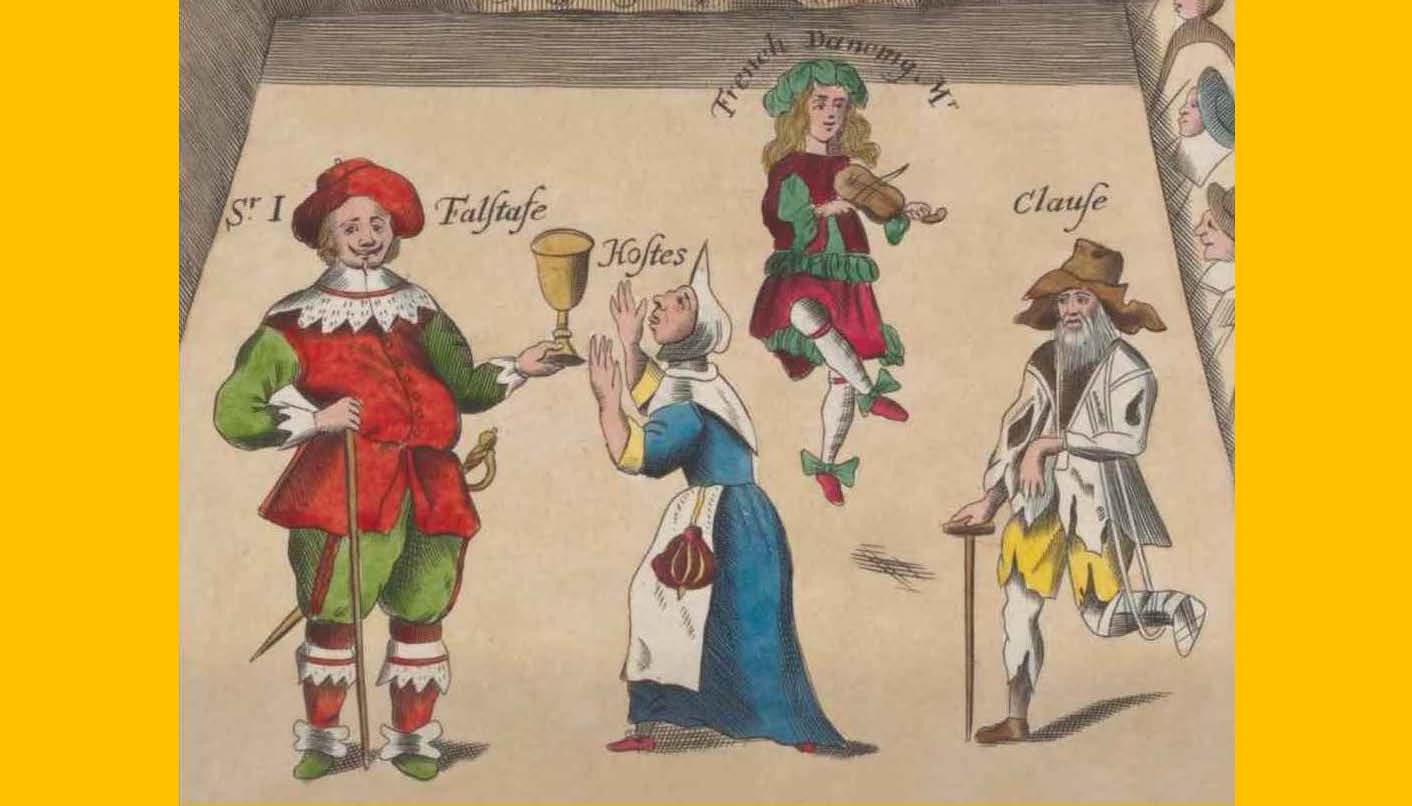The 29th McElroy Shakespeare Celebration: "Figures of Disability in Shakespearean Drama"

Every year, the McElroy Shakespeare Celebration pairs Shakespearean scholarship given by a guest speaker with dramatic performances by both Loyola theatre majors (and often professional actors from the greater Chicagoland area) for an event that promises an experience of both intellectual stimulation and artistic delight.
This year's Celebration will take place Thursday, February 13th, at 7:30 p.m. in the Galvin Auditorium of Sullivan Center. This event is free and open to the public. It will feature Professor Genevieve Love.
Professor Love is Judson Bemis Professor in the Humanities, at The Colorado College. Her recent monograph, Early Modern Theatre and the Figure of Disability (Arden Studies in Early Modern Drama, 2018), reveals how attention to physical disability enriches our understanding of early modern ideas about how theatre works, while illuminating in turn how theatre offers a reframing of disability as metaphor. The figure of disability stands for the relationship between actor and character: prosthetic disabled characters with names such as Cripple and Stump capture the simultaneous presence of the fictional and the material, embodied world of the theatre. When the figure of the disabled body exits the stage, it also mediates a second problem of likeness, between plays in their performed and textual forms. While supposedly imperfect textual versions of plays have been characterized as 'lame', the dynamic movement of prosthetic disabled characters in the theatre expands the figural role which disability performs in the relationship between plays on the stage and on the page. Professor Love has published numerous articles, including “Doctor Faustus’ Leg” (in Christopher Marlowe, Repertorial Commerce, and the Book Trade, eds. Roslyn Knutson and Kirk Melnikoff, 2018); “Past/Present/Presence/Prosthesis in A Larum for London” (Upstart: A Journal of English Renaissance Studies, December 2013); and “Shakespeare and Performance” (Literature Compass 6.3, 2009).
